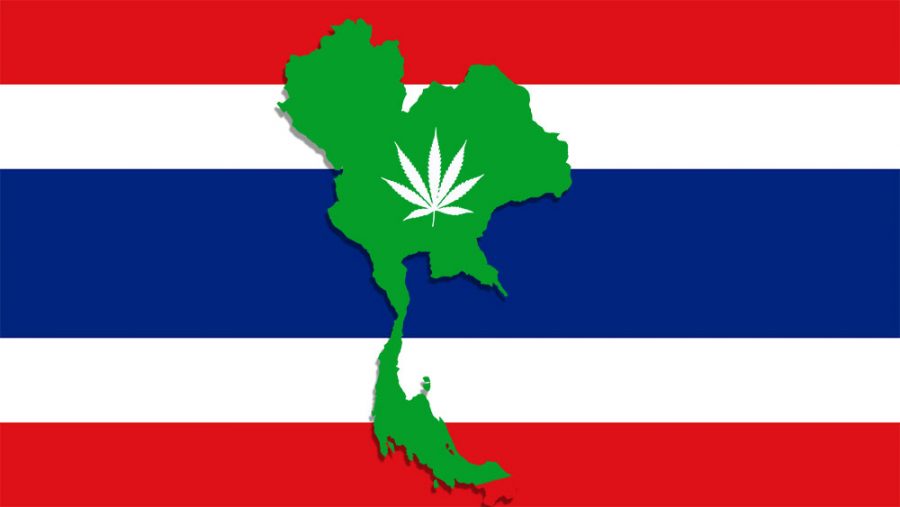Cannabis advocates in Thailand push for complete legalization and home-growing
“[Cannabis] is not a drug that should be illegal – it’s that simple,” were the words recently spoken by the leader of Thailand’s Bhumjaithai party, Anutin Charnvirakul.
His public announcement is a bold one and on March 24, he will lead the Bhumjaithai into the Kingdom of Thailand’s eagerly anticipated general election.
“Unlike alcohol and cigarettes, [cannabis] has great health benefits such as treating cancer, Alzheimer’s and insomnia,” said Anutin during an appearance at the The Foreign Correspondents Club of Thailand (FCCT), where domestic international journalists and a full house gazed back at him.
The Bhumjaithai party is pushing for complete cannabis legalization in Thailand
Anuntin’s party has been working hard to ensure full cannabis legalization in Thailand is a core component of campaign policy.
So much so, in fact, that if you stroll around Bangkok you’ll probably see cannabis leaves plastered around the city to promote legalization.
“My party announced clearly that we will not play any political games with [cannabis],” affirmed Anutin, who has stated that he will not become part of a ruling coalition unless it is in favor of complete cannabis legalization in Thailand.
Founded on November 5, 2008, the Bhumjaithai Party is encouraging farmers to get involved in the “green rush.” In the event that they do get elected, the Bhumjaithai party believes that Thailand could be the world’s next major hub for cannabis exports.
Under the details of Anutin’s proposal for complete cannabis legalization in Thailand, each household would be legally able to cultivate six plants, each of which could yield 70,000 baht (US$2,240). The plants would be purchased from state agencies, providing each home with 420,000 baht ($13,170). For poor families residing in rural areas, this could be life-changing.
Thailand legalized medical cannabis treatment and research in 2018

On Tuesday, December 25, 2018, 166 members of Thailand’s National Legislative Assembly voted in favor of legal medicinal cannabis. Of those members, just 13 held back from voting.
The law was made official through a royal decree by the King of Thailand. Although recreational use is still prohibited, progress is progress.
“Still, this is a massive hurdle and merely the first and rightful step toward full legalization,” said Tom Julpas Kruesopon, who has been nicknamed “Mr Weed” for his ongoing pro-pot efforts to amend Thailand’s cannabis policy.
Kruesopon accompanied Anutin and author of the book Marijuana is Medicine that Cures Cancer, Dr. Somyot Kittimunkong, for the FCCT panel discussion on cannabis.
Although an adviser to the Bhumjaithai party, Kruesopon maintains that he is not actually affiliated with the party.
“It should be the job of any government to alleviate the pain of the people and [cannabis] does both because it helps medically and economically,” said Kruesopon. “Anutin and his party want medical [cannabis] to be available to all and not just those who can afford it. They also want the business opportunities available to all and not just Big Pharma.”
The stakes are high for investors both in Thailand and overseas. Kruesopon feels optimistic that cannabis will become a “trillion-dollar business” now that legalization is spreading to the most tropical regions of Asia.








